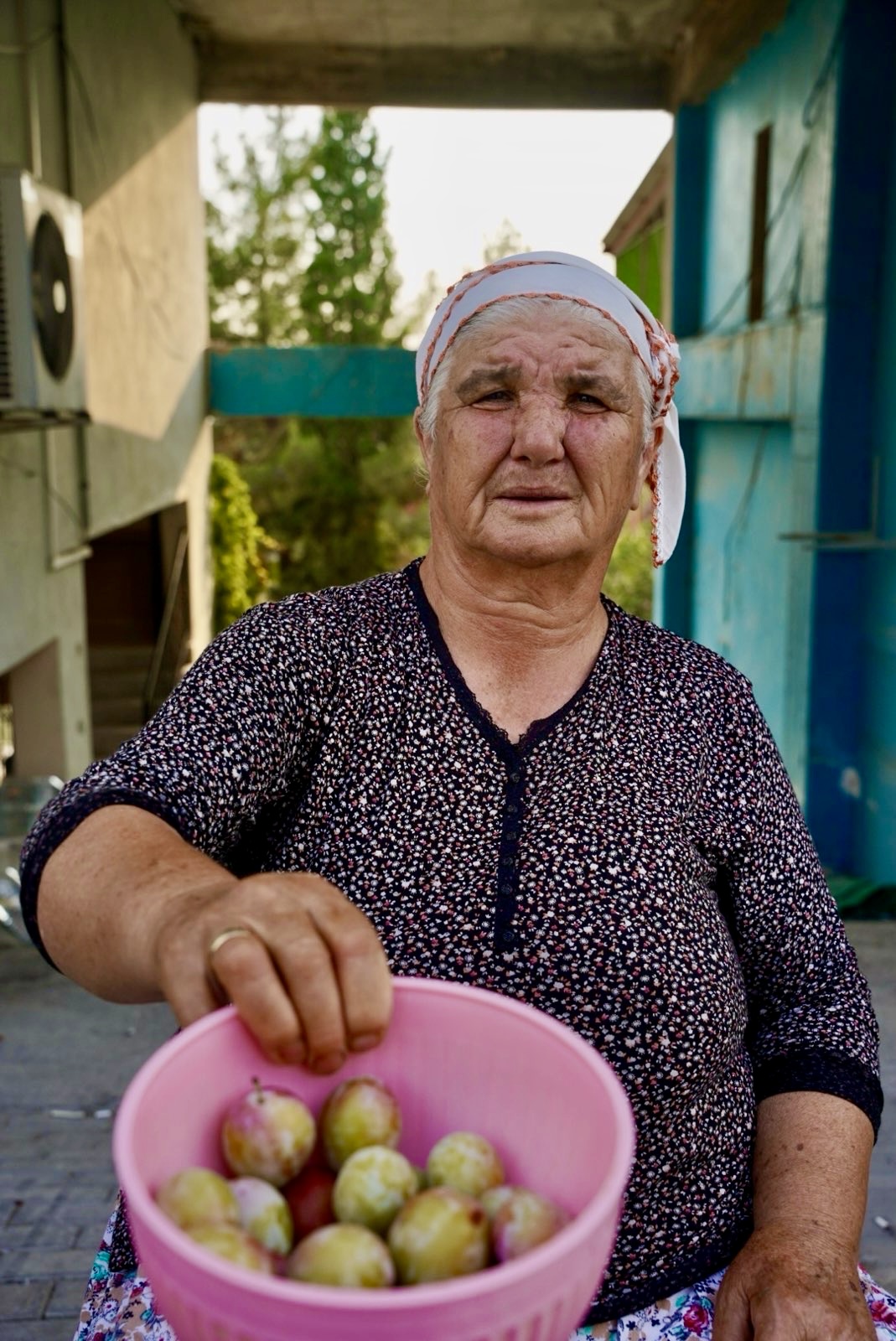Daisy Rodriguez packed her bags and said goodbye to loved ones before embarking on a three-month mission trip in Central Asia. On this trip, she would have no contact with family and would only be able to communicate with those with her. Facing challenges and fear, she spread the gospel through the connections she made and brought the word of God to those unreached.
But Daisy is not her real name. It’s a pseudonym to protect her identity because of the nature of her trip, which was to spend weeks in a mission field where spreading the good news of Jesus is forbidden. Likewise, the country’s name, which bans proselytizing by Christians, remains secret.
“The country we went to had no access to the gospel,” Daisy said. “Our biggest goal was to create friendships, and even though mission work is illegal there, we would evangelize to our friends.”
Daisy is a junior ACU student who participated in the organization Cafe 1040. The goal of Cafe 1040 is to spread the gospel to areas of the world where the gospel has never been heard before and is considered illegal and an active form of terrorism. The organization derives its name from the 10/40 window with locations in North Africa, Central Asia and Diaspora Europe.
“If anyone were to find out that we were missionaries, we would definitely get marks on our passports,” Daisy said. “We wouldn’t be able to go to close countries anymore. It was very scary, because there were spies from the country, and there were always eyes on us.”
To prevent being caught, Daisy and her organization had to speak in code words. Phone contacts did not contain full last names. Airplane mode was always on so as not to be tracked or listened to through the devices. Contact with family was not allowed. Few emails were sent, and then only for confirmation of safety and updates.
“We have a certain tech time, and then once the tech time is over, no more emails,” Daisy said. “That’s the reality in some places you’ll go. You can’t risk being caught if someone slips up and doesn’t use safe language or doesn’t use safe code language. Then it could risk the whole mission.”
Her days started with classes that taught her how to approach different friendships, the depletion of missionaries in the 10°40° window, how to spread the gospel to those who have never heard it and how to feed yourself spiritually. The goal of these courses are to prepare participants to do mission work throughout their lives. Outside of these courses, those involved in the organization participated in day-to-day life that led to friendships they could pour into spiritually.
“They would give us a weekly per diem, and we would buy our own food from the giant market, cook for ourselves, buy our own clean water,” Daisy said. “The rest of our time was feeding into the locals, our friendships and trying to feed into each other to bring God’s kingdom into that country.”

A woman in Central Asia shares her nectarines. (Photo provided by student Cafe 1040 mission trip participant)
None of the locals knew the real reason this organization was in the community, and so that they will never find out, Daisy, by committing to the mission trip, had to commit to maintaining a level of secrecy for the rest of her life.
“Our cover was that we were tourists, and if they asked certain questions, we learned how to answer those questions,” Daisy said. “They taught us how to go about certain situations for the safety of the program and for the ministries over there.”
Many have said mission work is often action-focused, such as building a house or providing food. However, this organization shows young missionaries that mission work can start by reaching out and forming a friendship. Whether this starts in the local community or globally, Daisy said this organization has provided her the opportunity to visualize how even in difficult and uncomfortable areas, a friendship is spreading the gospel.
“I think I saw the very ugly bad things but also the very beautiful things God is doing over the seas,” Daisy said. “Even though we can’t see it, God is working on those places, but that doesn’t mean that we shouldn’t go.”
Dr. Zane McGee, director of the Halbert Center for Missions and Global service, worked with Daisy before her trip and speaks highly of what she has done.
“Her whole experience with missions has been incredible, and she is one of my favorite students,” McGee said. “Anything she has to say on missions would be amazing.”
During her time in Central Asia, feeding herself spiritually was challenging. There were few churches in the area she stayed, and her organization was able to attend these services only twice.
“Christianity was accepted there but frowned upon,” Daisy said. “There was maybe one church in a giant city. I think we may have gone a total of twice to two different churches over a span of three months and having to feed yourself spiritually while giving so much takes a really big toll on you.”
Glorifying God and spreading the gospel is the goal of a mission trip. Daisy said you shouldn’t go on a mission trip if you fill yourself with the desire for something in return, rather you should maintain a servant’s heart.
“Carrying the gospel should be everywhere you go, not just a certain country,” Daisy said. “I don’t have to travel across the seas but also, I think if God puts that boldness in you, you should go to glorify His name because that’s why we’re here on this earth so that ultimately He can be glorified.”


